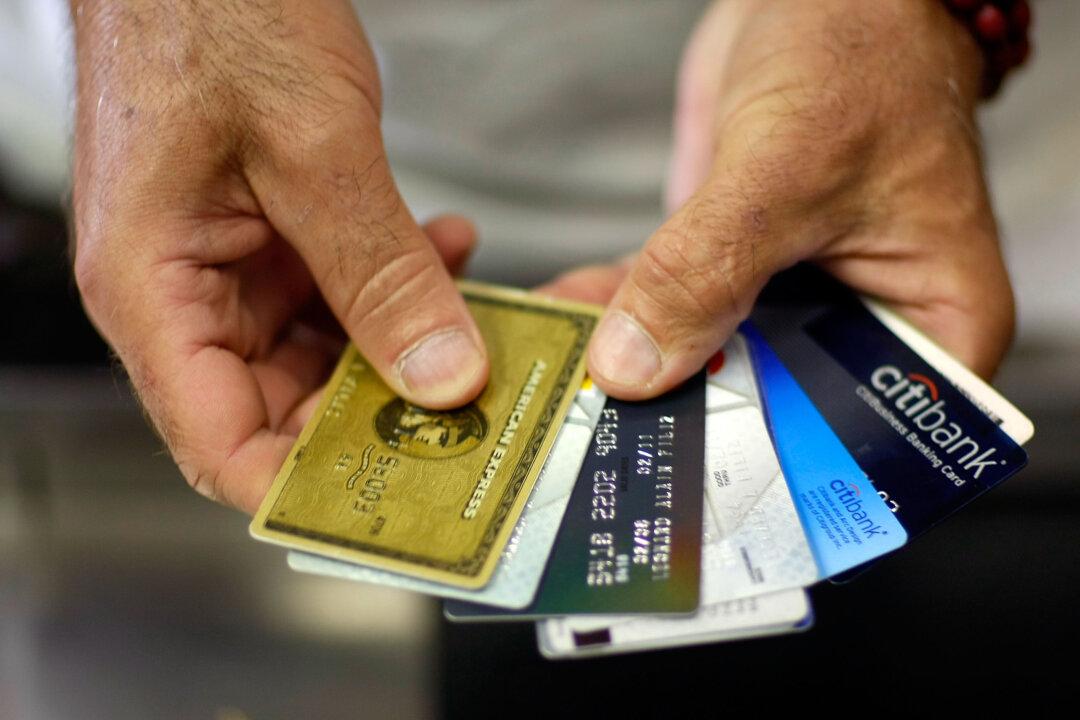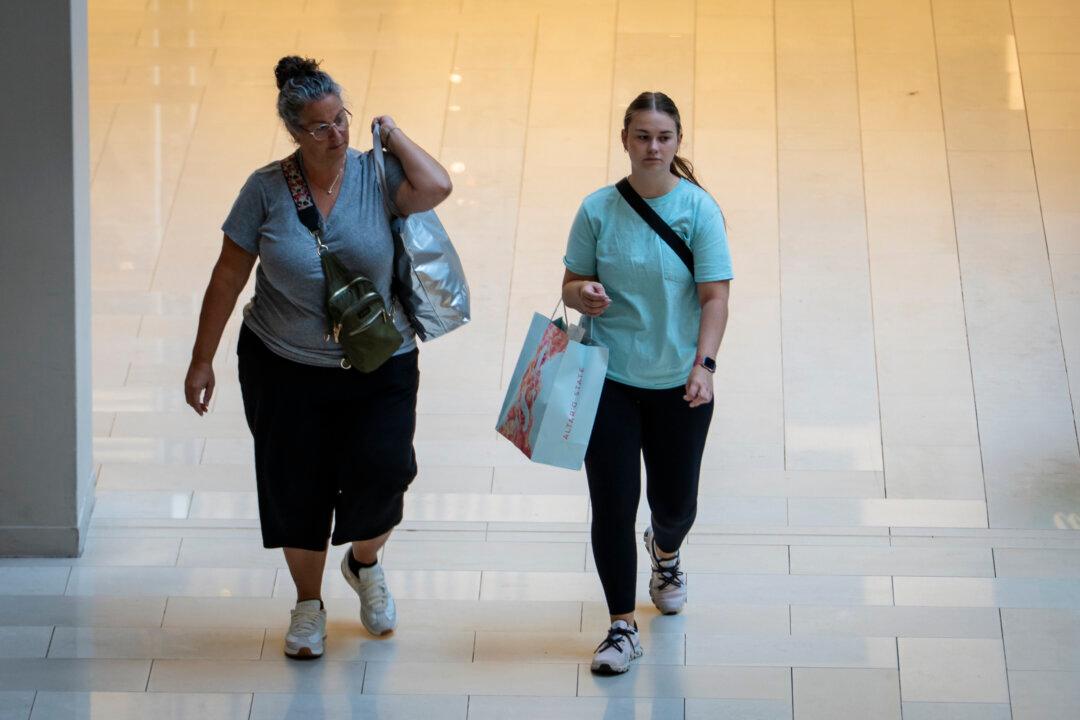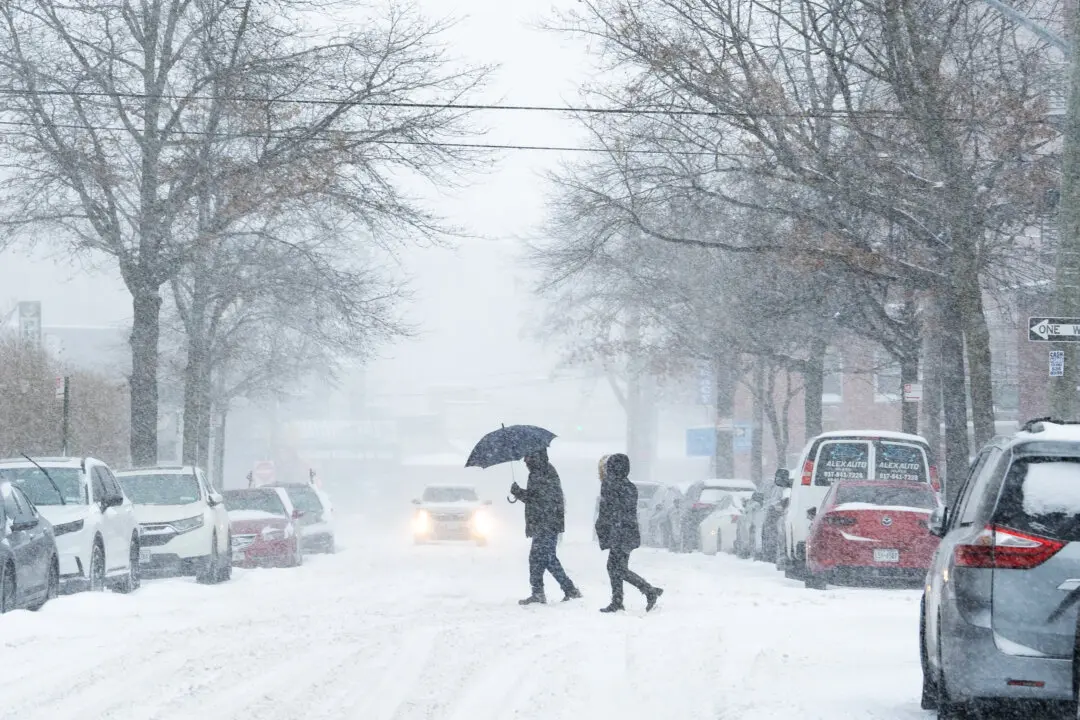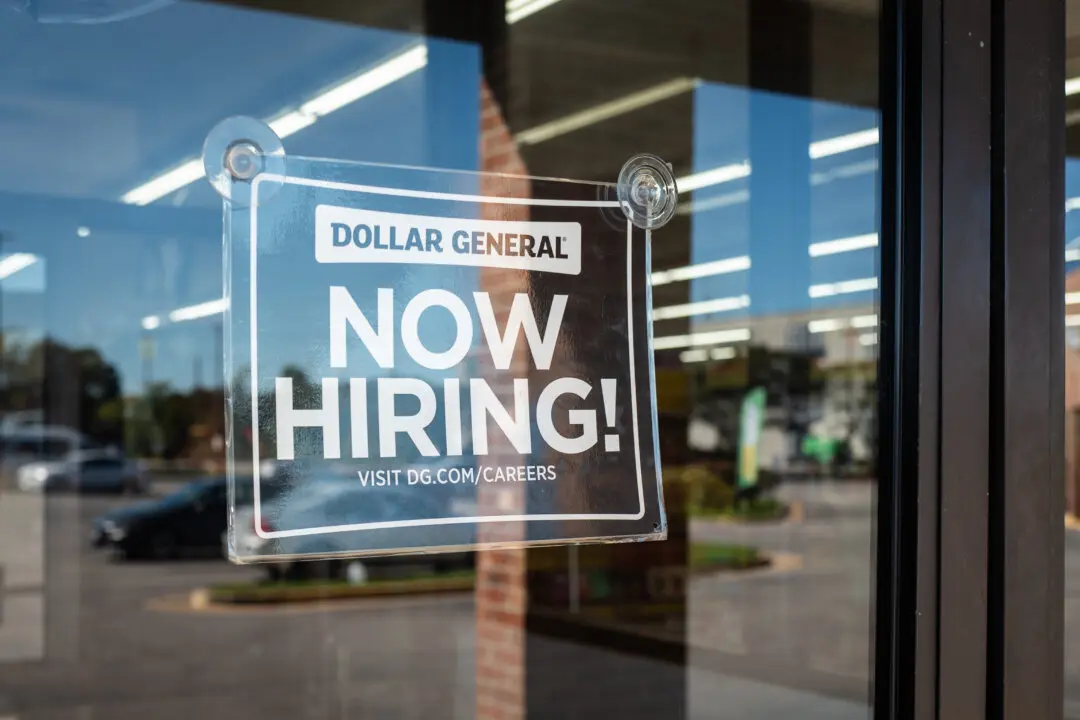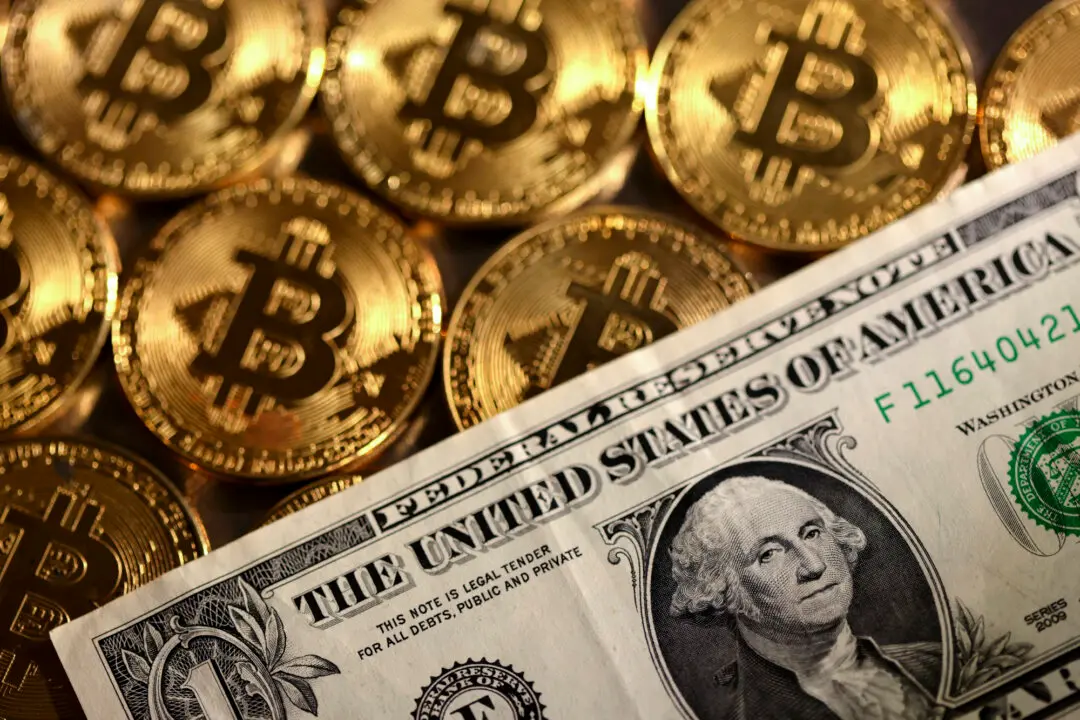The Biden administration recently proposed a new rule that would slash credit card late fees “by 75 percent,” but critics argue this would harm consumers, including customers who pay their bills on time.
The Consumer Financial Protection Bureau (CFPB), the federal government’s consumer protection watchdog, issued a measure to prohibit excessive credit card late fees. The proposal would reduce the total amount users can owe for late payments from an average of $31 to $8. It would also abolish the automatic annual inflation adjustment and limit late fees to 25 percent of the minimum payment owed by the cardholder.
